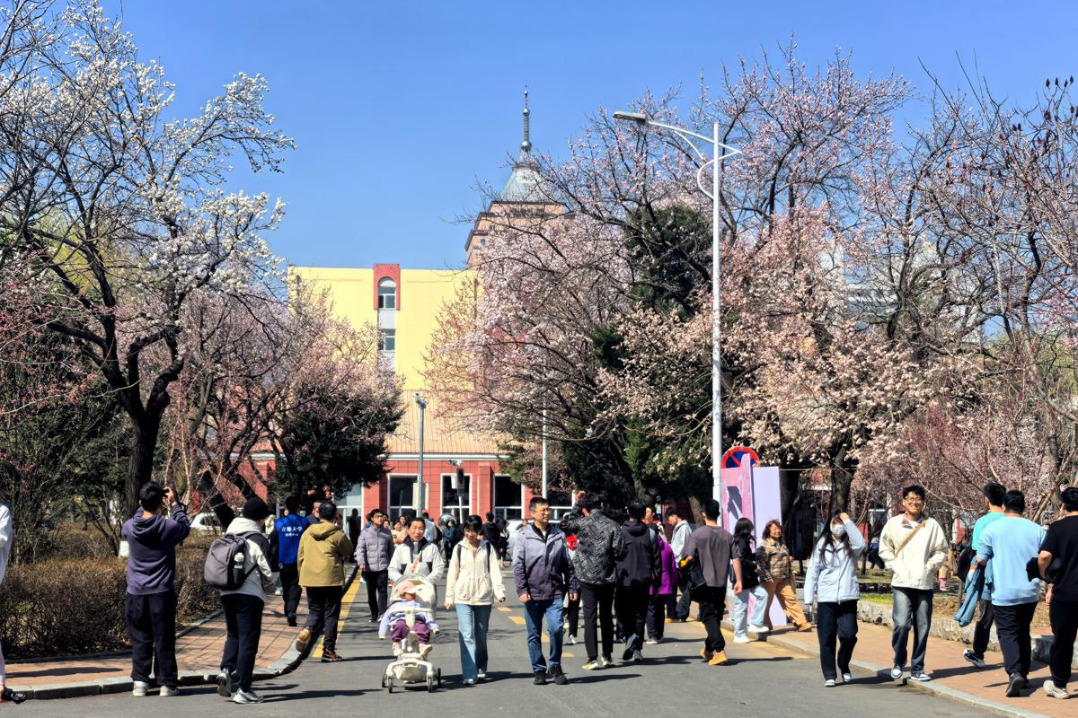China honors its promise to protect nature

Paradox
The paradox of Xianghai is an issue for many nature reserves in China.
"Finding a solution to human disturbance is the key to the successful operation of nature reserves. It's great to see governments are joining hands with NGOs. What has been done in Xianghai tells us that the use of privately protected areas is the correct path to follow," said Zhu Chunquan, a representative of the China office of the International Union for Conservation of Nature.
In 2013, the Old Creek Nature Reserve, the first privately protected area project in China, was jointly launched by the Paradise Foundation and the government of Pingwu county, Sichuan province.
The reserve covers 110 square kilometers, including migration corridors for a number of rare species such as giant pandas. Under a 50-year land trust agreement, the foundation is in overall charge and pays for the management of the reserve.
After years of endeavor, poaching has been practically eliminated in the reserve. Moreover, thanks to the innovation of customized agriculture, people in Minzhu, a village close to the reserve, are being lifted out of poverty. Of the 280 households in the village, 90 have seen their annual incomes rise by 10,000 yuan.
According to a report published by The Nature Conservancy last year, China has seen a rise in the number of privately protected areas nationwide, complementing the country's system of nature reserves.
- China strives to enhance people's work ethics
- Students swap stories at Peking University book fair
- China, GCC hold first forum on peaceful nuclear cooperation
- Beijing film festival's tech section kicks off
- Wuxi celebrates Reading Month with island events
- Jilin University blooms with annual apricot festival





































